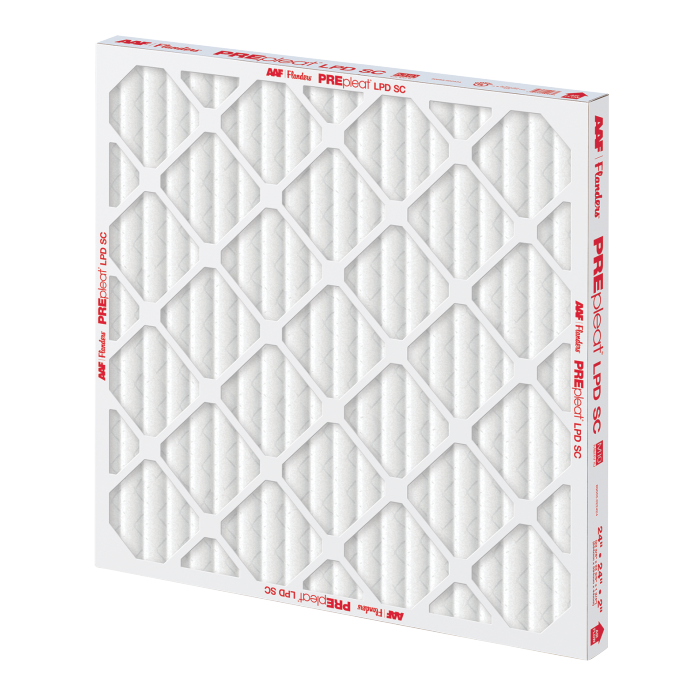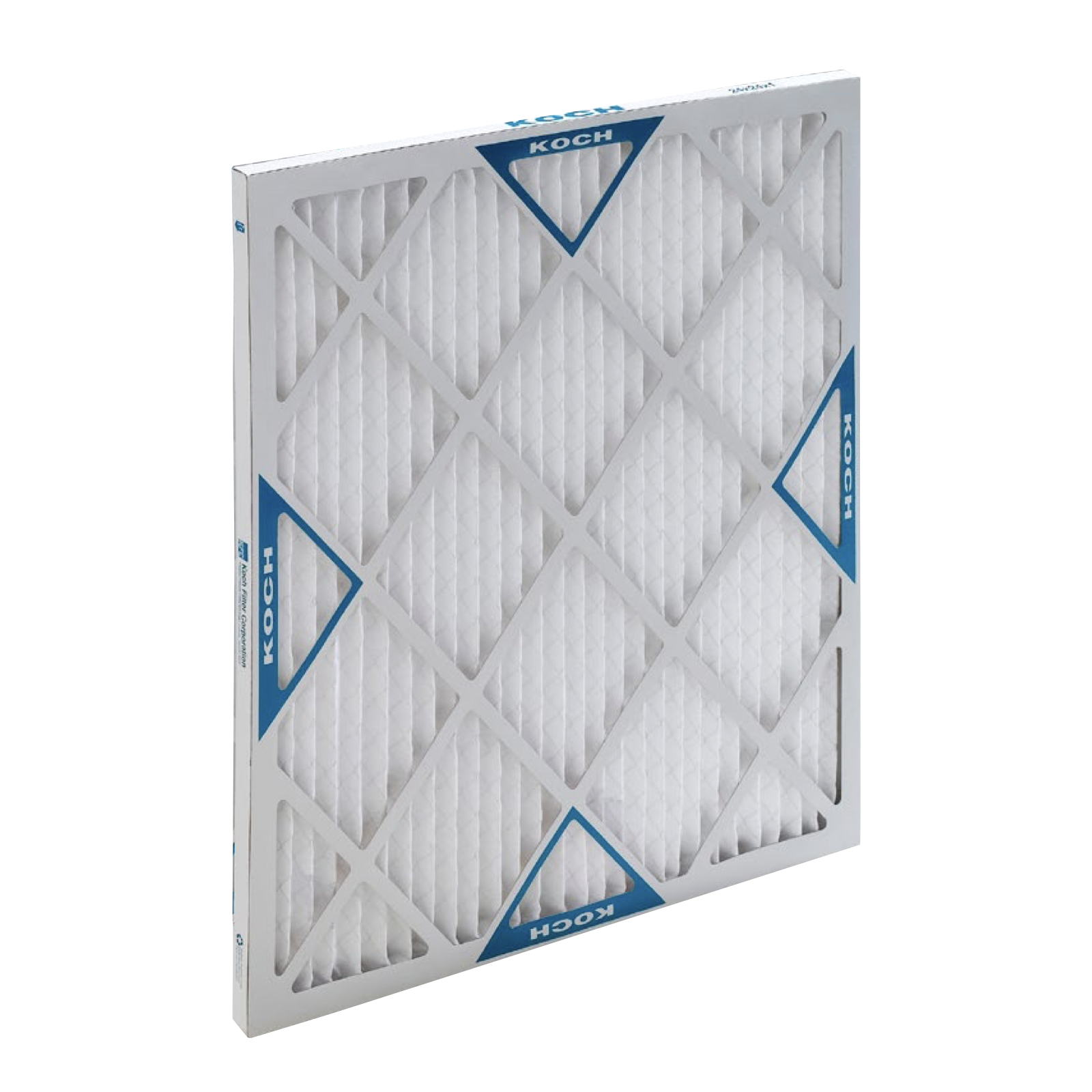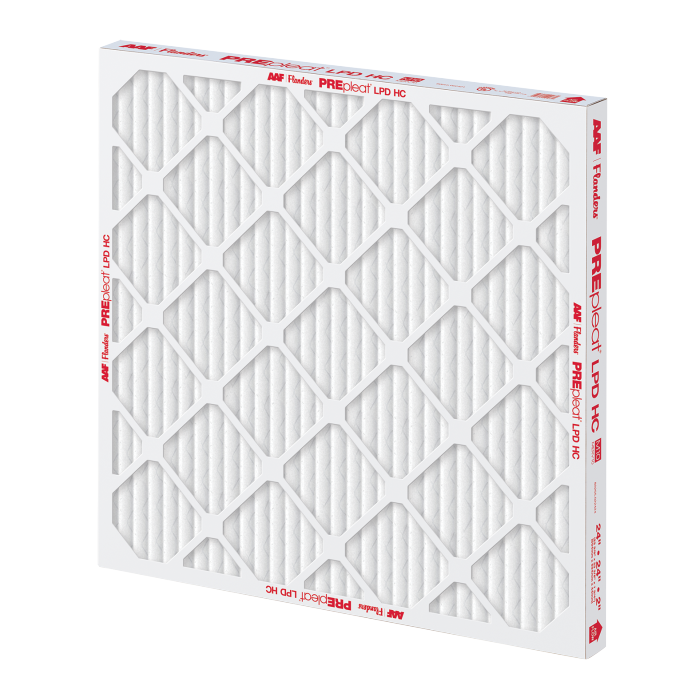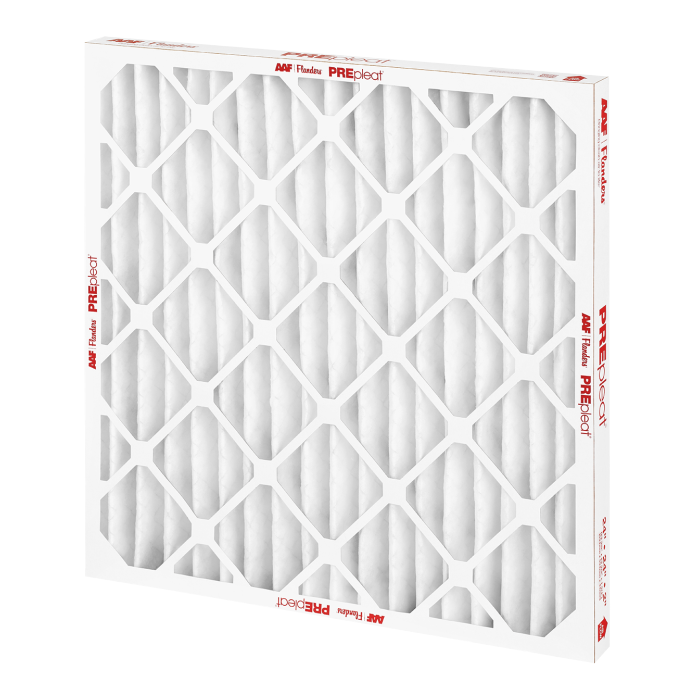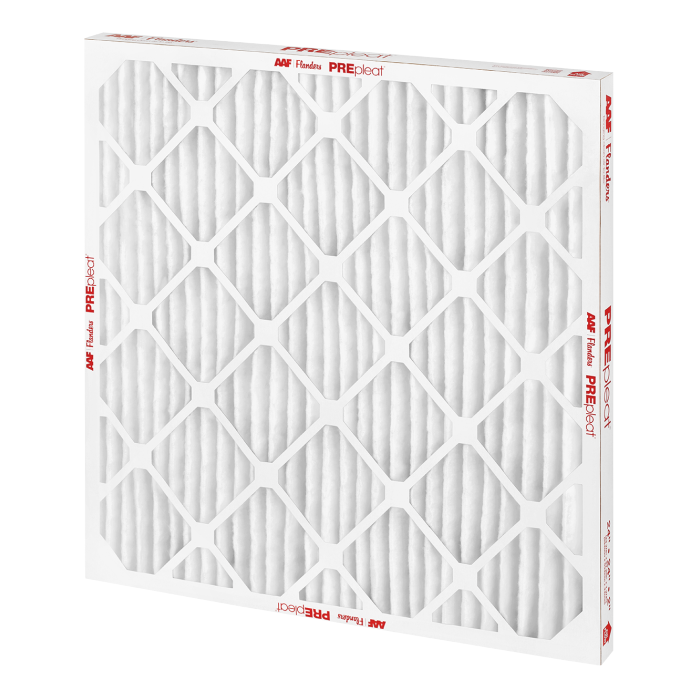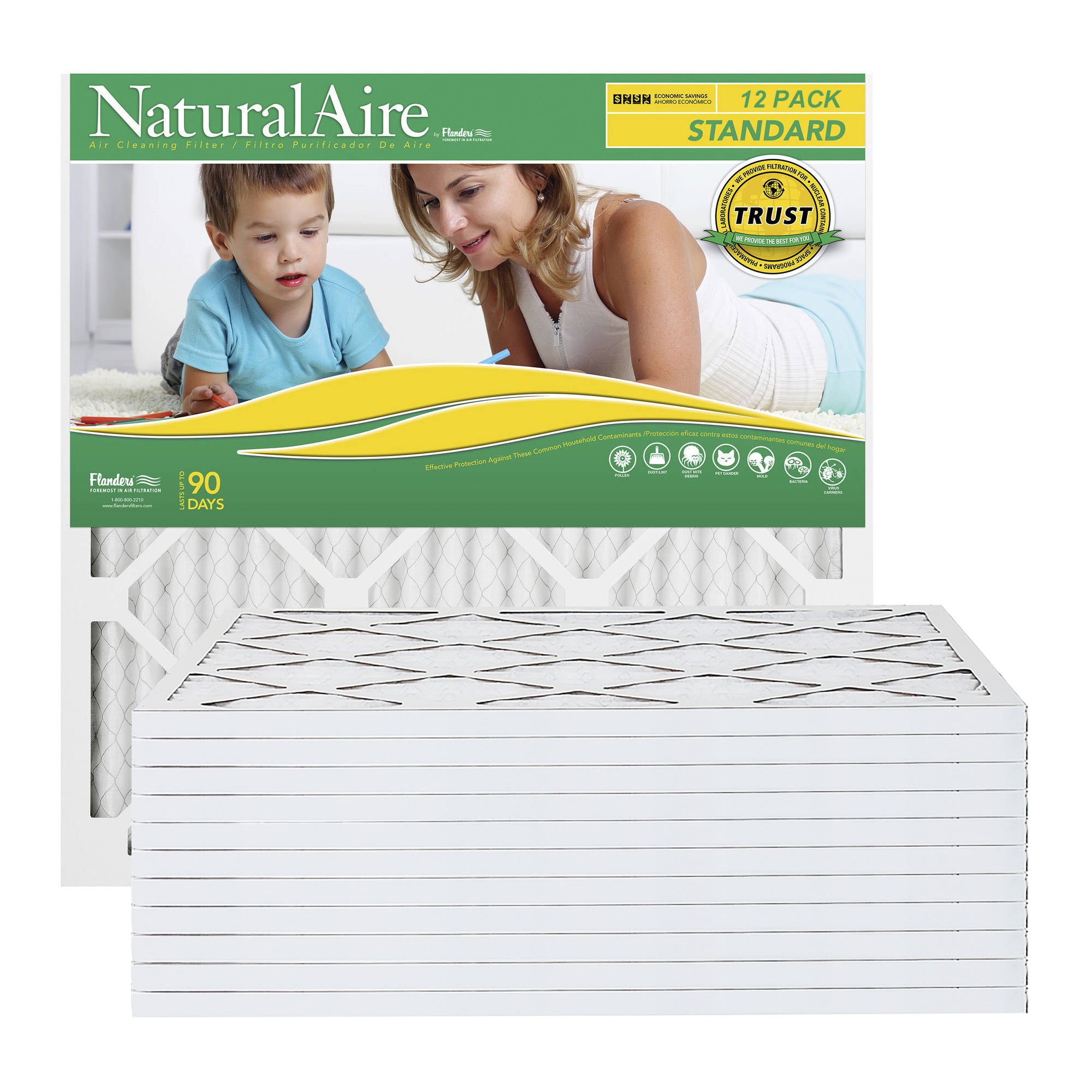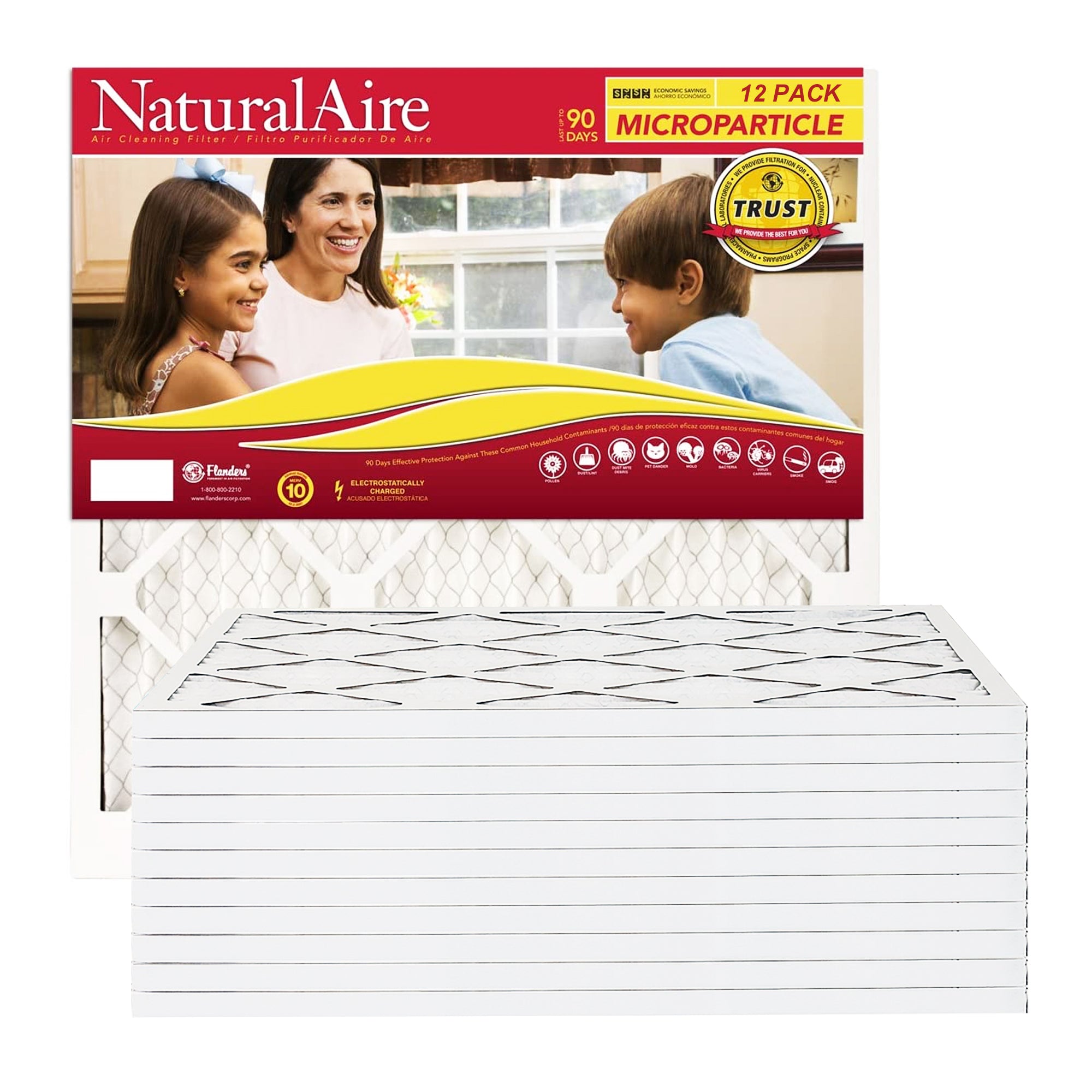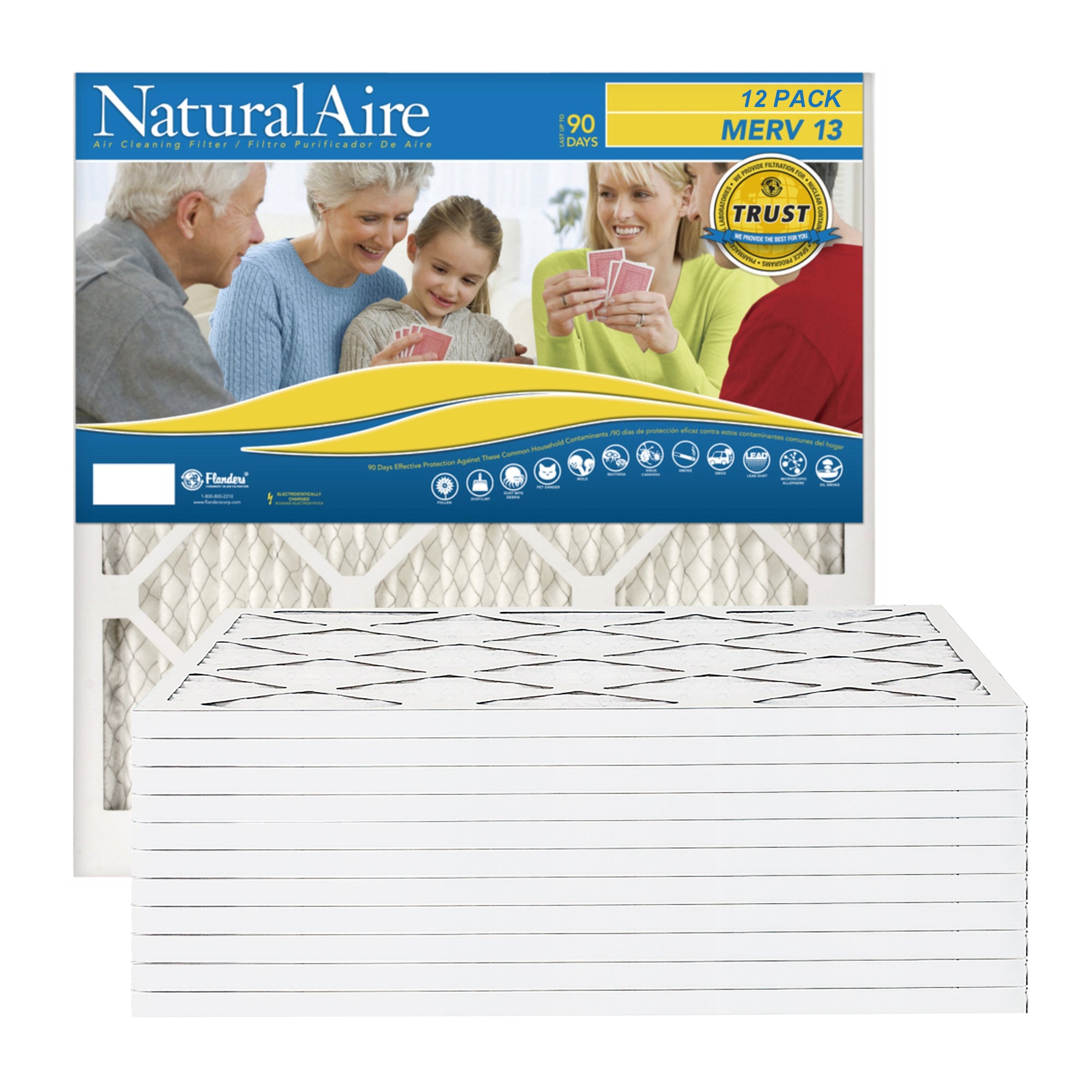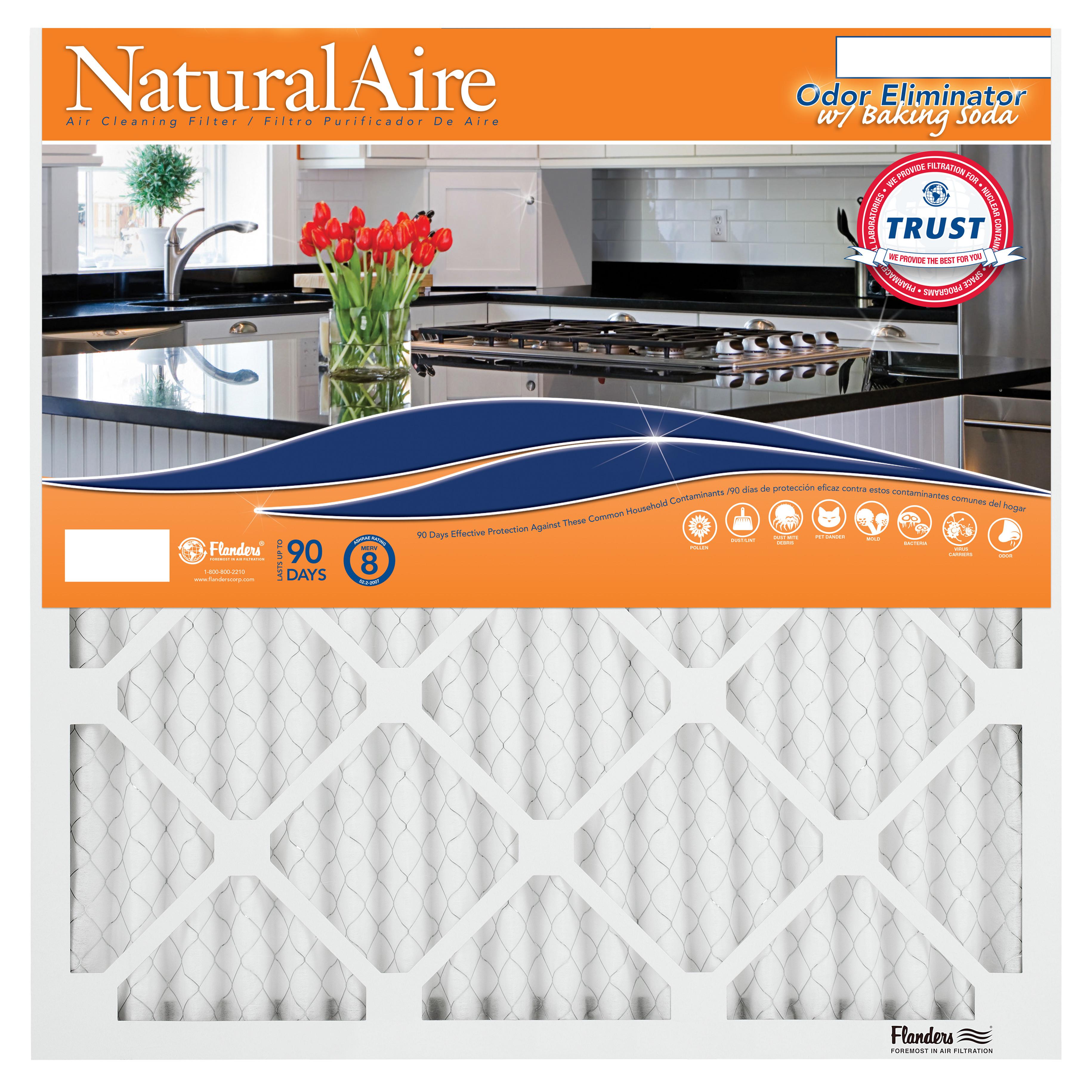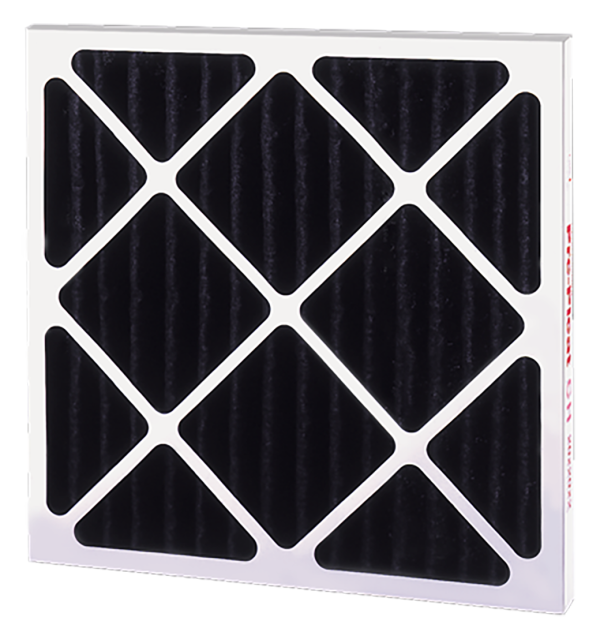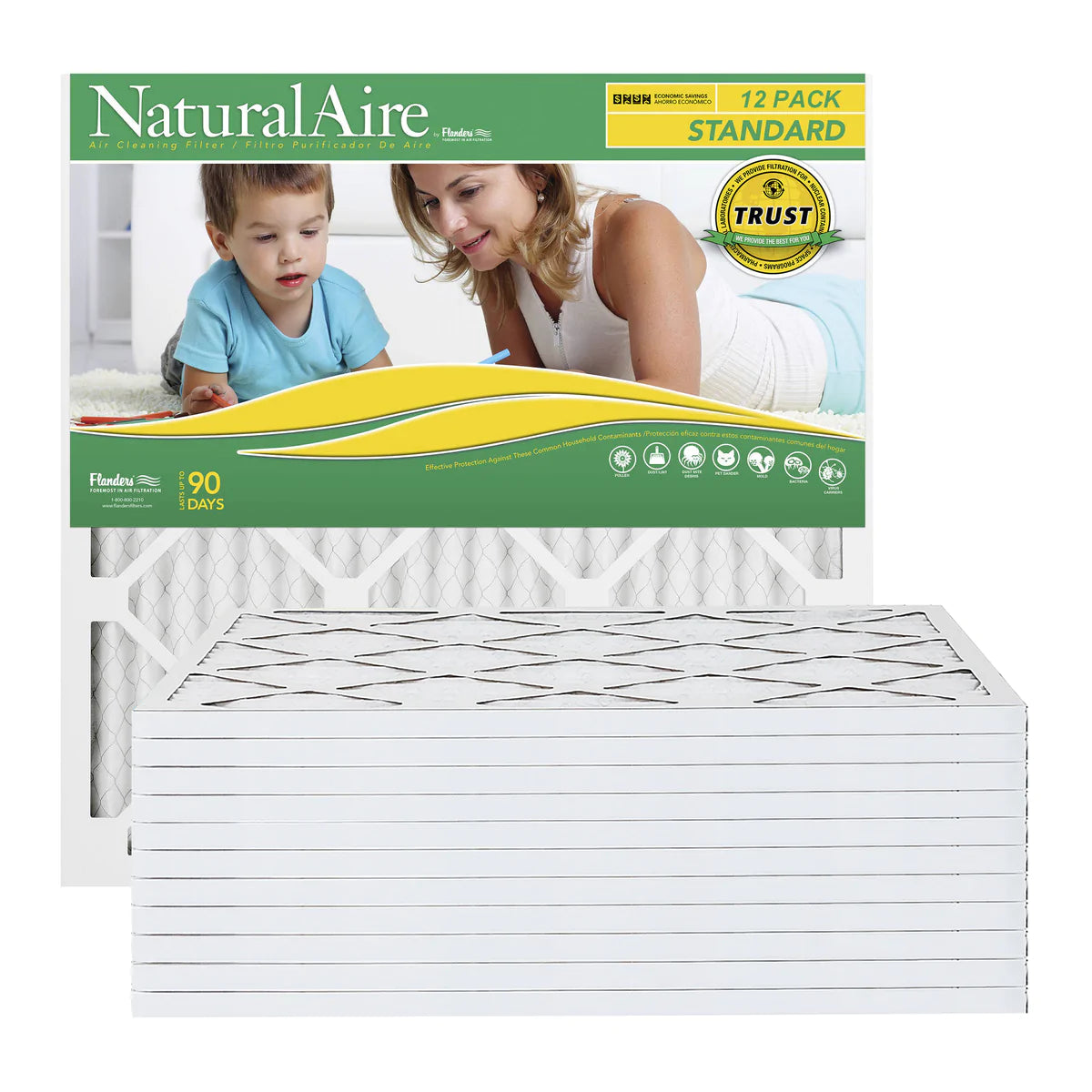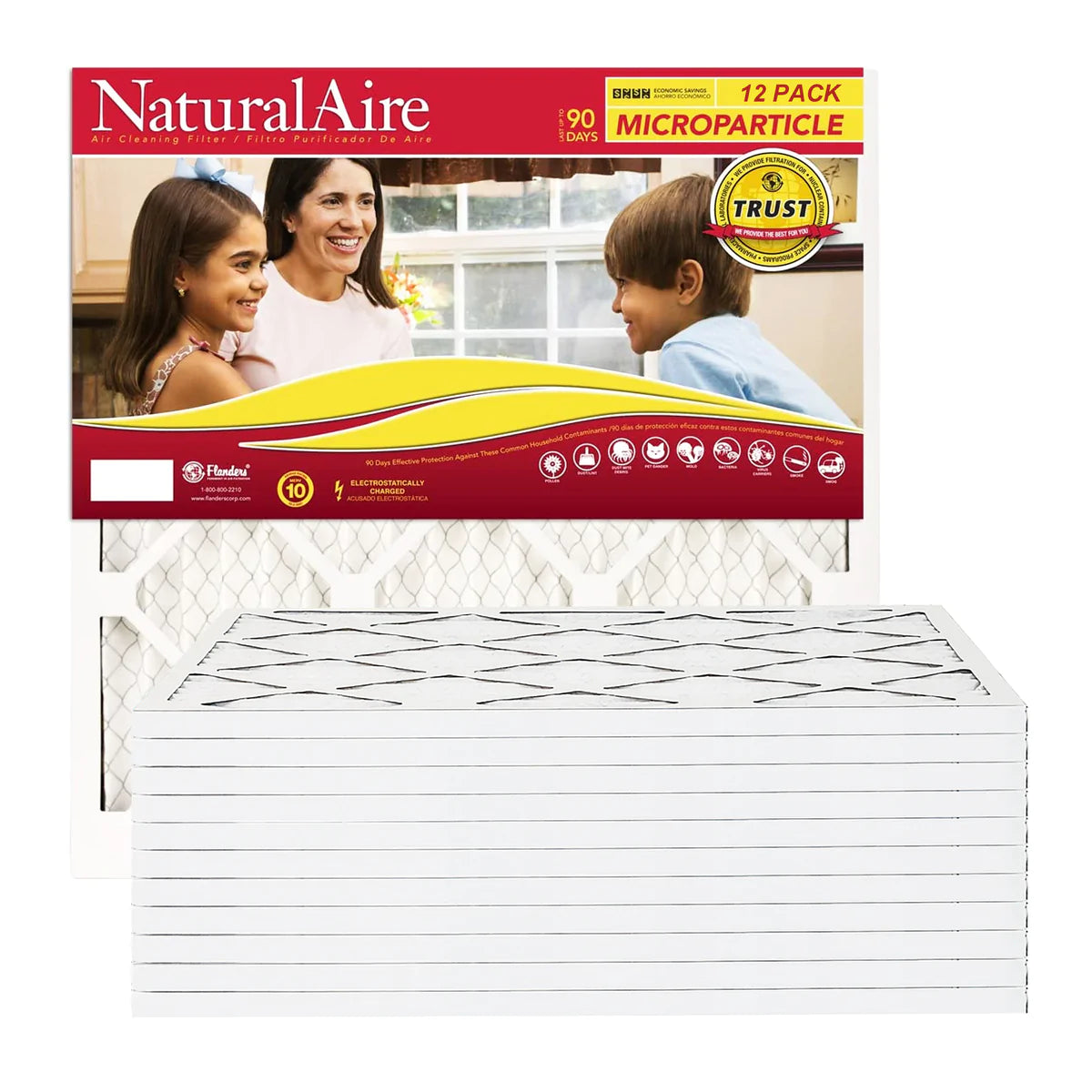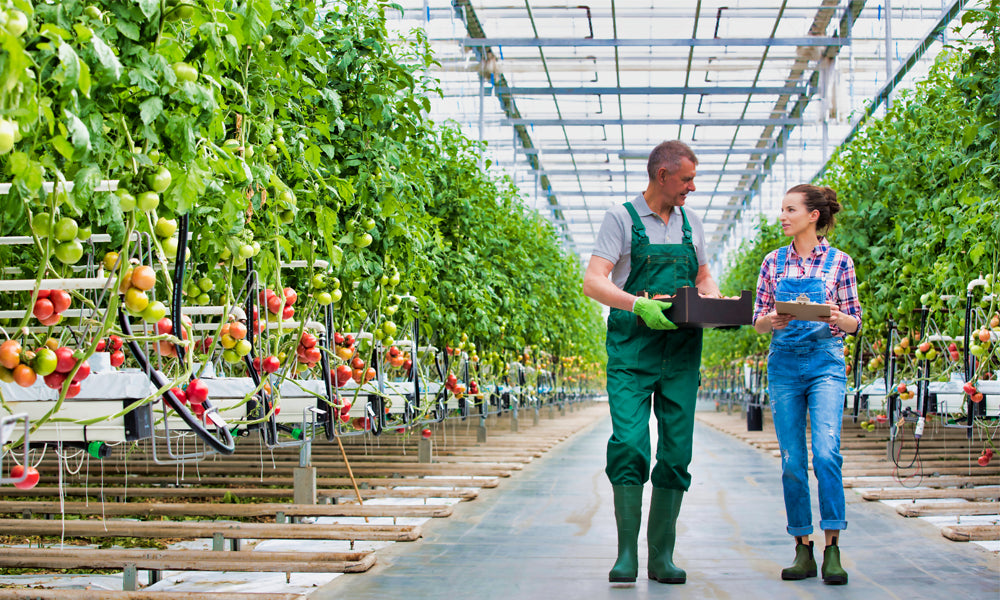Millions of Americans are currently under air-quality alerts as thick smoke from wildfires in Canada moves south into the United States. Wildfire smoke poses a significant health risk, particularly to vulnerable populations such as children, the elderly, and those with respiratory illnesses. As a result, it is essential to take steps to improve indoor air quality and create a safe living environment. One crucial step is replacing HVAC filters regularly. Clean HVAC filters are important in maintaining clean indoor air, below are some other proactive measures that can be taken to enhance air quality in the home.
The Importance of HVAC Filters
Heating, Ventilation, and Air Conditioning (HVAC) filters play a vital role in keeping the indoor air clean by removing particulate matter and pollutants. During wildfire events, air quality can deteriorate rapidly, and HVAC filters can become clogged with smoke particles, reducing their effectiveness. Replacing these filters regularly is critical for maintaining clean air circulation within the home and reducing the risk of respiratory issues.
High-efficiency MERV 13 rated and HEPA filters are particularly effective in capturing tiny particles, including those found in wildfire smoke. Investing in good MERV rated and HEPA filters and changing them according to the manufacturer's recommendations can significantly reduce indoor exposure to harmful pollutants.
Additional Steps to Improve Indoor Air Quality
Keep windows and doors closed: To prevent outdoor smoke from entering your home, keep windows and doors closed. Use weatherstripping and caulk to seal gaps that may allow polluted air to seep in.
Use air purifiers: Portable air purifiers with HEPA filters can help capture smoke particles and other pollutants. Place them in the rooms where you spend the most time, such as bedrooms and living areas.
Limit the use of exhaust fans: Using exhaust fans in the kitchen and bathroom can create negative pressure within the home, drawing in polluted outdoor air. Limit their use during air quality alerts.
Avoid indoor pollution sources: Refrain from smoking, burning candles, or using gas stoves during poor air quality events to minimize indoor air pollution.
Maintain a clean home: Regular cleaning, vacuuming, and dusting can help reduce the buildup of particulate matter within the home.
Stay informed about air quality: Monitor local air quality reports and follow the guidance of health officials to take appropriate precautions during wildfire events.
As wildfire smoke from Canada drifts into the United States, millions of Americans face serious health risks due to poor air quality. Replacing HVAC filters regularly, especially with high rated MERV and HEPA filters, is one of the most effective ways to maintain a healthy indoor environment. Additionally, sealing windows and doors, using air purifiers, limiting exhaust fan usage, avoiding indoor pollution sources, and staying informed about air quality can help mitigate the adverse effects of wildfire smoke. By taking these proactive measures, individuals can protect their health and maintain a safe living environment during these challenging times.


